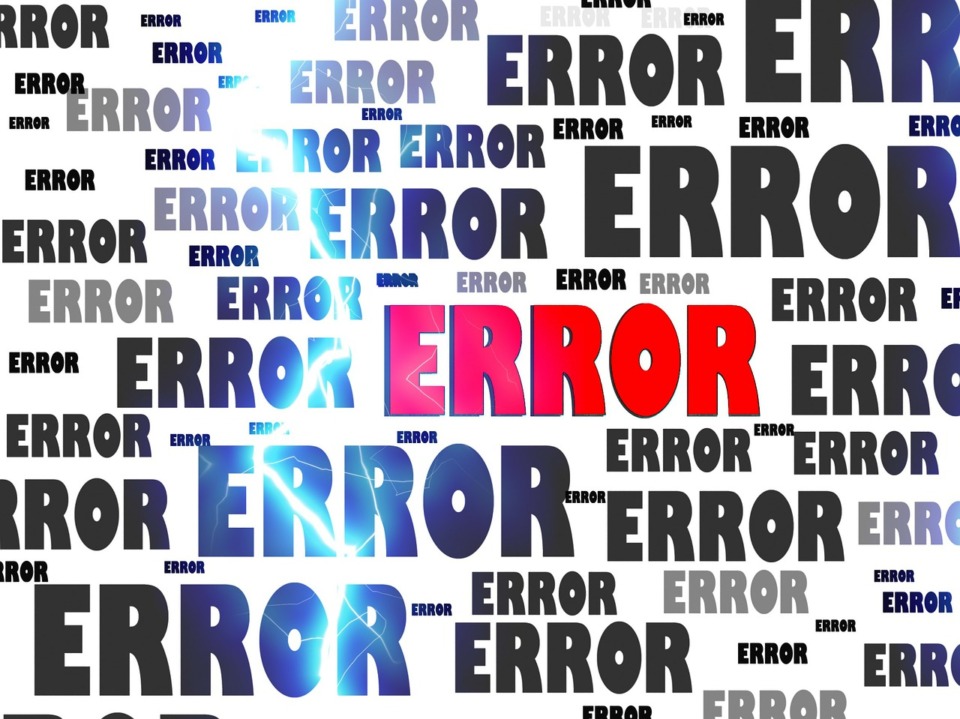
Dealing with EPCs is slow and costly
EPCs make huge IT investments and work largely in the information space. With the volume of digitally stored data involved…

Is it possible that the documentation that you provide to your customers at the end of projects is costing you future business?
Could the documentation work you provide make it less likely that your customers use you again in the future especially if they experience better results from your competitors?
The results of our survey entitled Suppler vs EPC, Why is Vendor Documentation so Painful? shed light on a few interesting points regarding how engineering, procurement and construction (EPC) firms view documentation. In particular,
More than 80% of EPC survey respondents stated that data validation and correct formatting are the most important factors for successful supplier document management.
Interestingly, the survey showed that only 20% of suppliers (manufacturers, distributors, reps, fabricators, etc) have dedicated document control resources and only 2% of them have an electronic data management system (EDMS) in place to do the work. Conversely, 75% of EPC respondents use an EDMS. It seems that EPCs are bigger users of technology than the suppliers who supply them…
Why is this important?
Doing document work manually – as most suppliers tend to do – usually leads to more mistakes, rework and thus cost to the supplier.
Plus, since most suppliers don’t have dedicated document control staff as we mentioned above, it’s more likely that their staff who produce the documentation have less time to actually do the work since it’s not really their job to begin with.
More mistakes = unhappier customers and holdbacks.
FYI, 75% of suppliers who responded to our survey suggested that they do experience holdbacks and thus longer wait times to get paid.
And while our survey also showed that EPCs don’t necessarily choose suppliers based on their document management skills, high quality document control is a basic expectation.
So if you regularly experience holdbacks, rework, and time-consuming fixing of errors, it’s possible that poor documentation work costs you more than just the time spent fixing mistakes you might not have made had you done it right the first time. You might also be losing out on future business from customers who won’t give you a second chance.
DocBoss is the only true document control system for
suppliers. Book a quick demo to see how we help process
equipment suppliers make more profit with less pain.